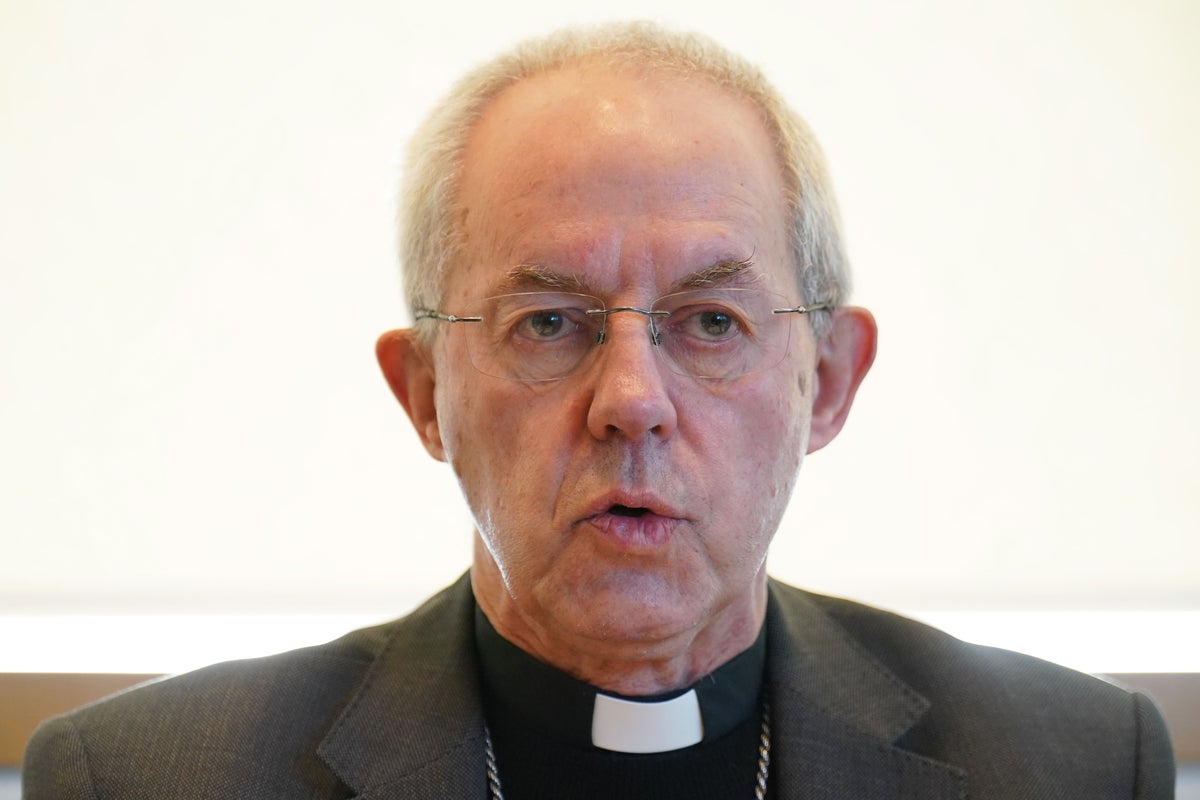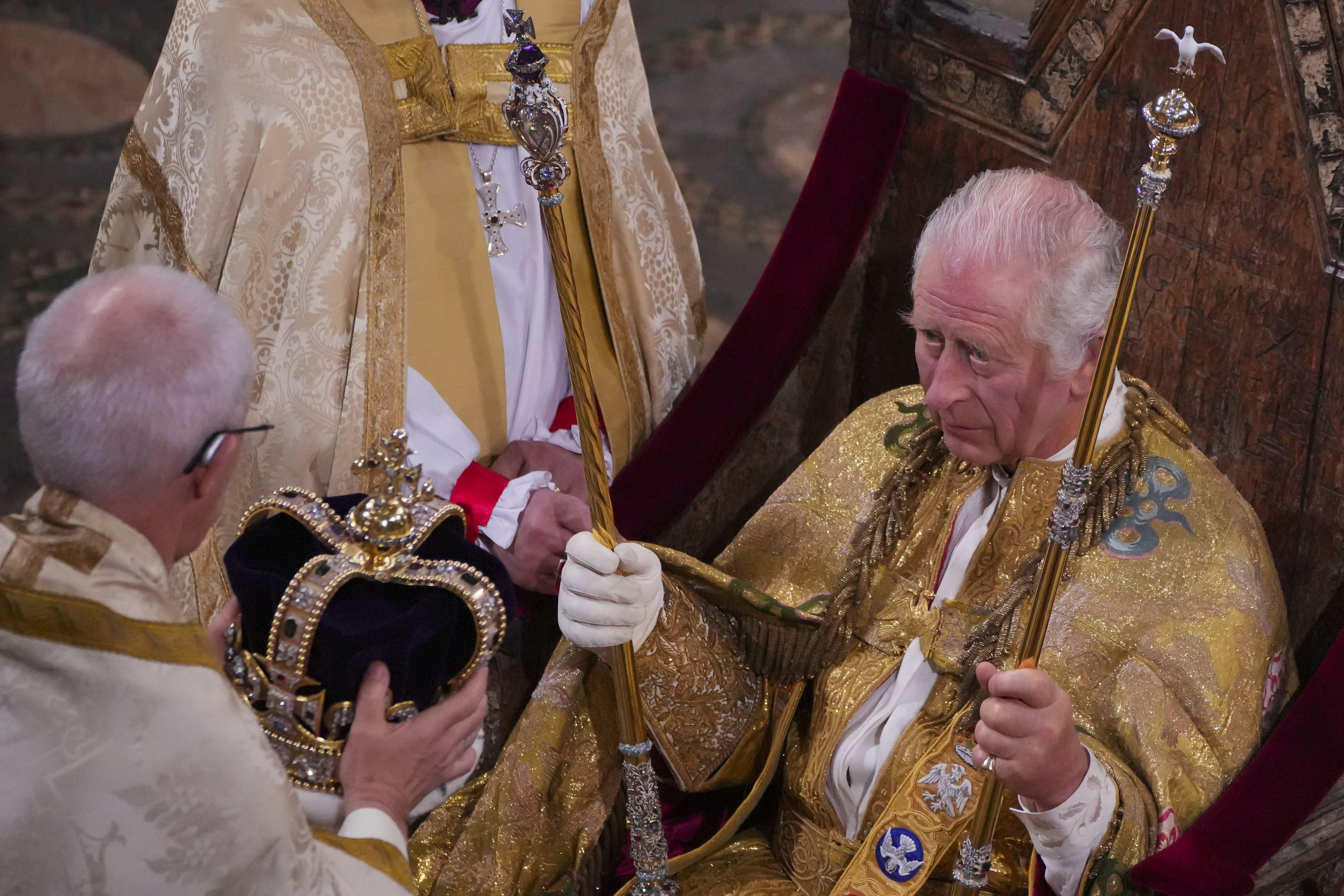
The Archbishop of Canterbury was convicted of speeding and ordered to pay £510 in fines and legal costs just days after the coronation of King Charles.
Justin Welby was caught exceeding the 20mph speed limit on a road in Lambeth, central London on 2 October last year.
The archbishop picked up three points on his licence after being caught by a speed camera in his Volkswagen Golf on the A3036 Albert Embankment on the River Thames.
Mr Welby admitted the offence online, was fined £300 and ordered to pay a £120 victim surcharge and £90 in costs, a court spokesperson said.
Lambeth Palace said Mr Welby knew about the offence and tried to pay the fine three times but was prevented from doing so by “admin errors”.
He was convicted and sentenced at a private hearing at Lavender Hill Magistrates’ Court on Wednesday – the same day he condemned the government’s plans to tackle the small boats crisis as “morally unacceptable and politically impractical”.
The conviction, which was first reported by the Evening Standard, also came just days after King Charles was officially crowned as the new monarch.
It was conducted through the Single Justice Procedure – allowing the court to deal with the matter through written evidence in a private hearing.

A Lambeth Palace spokesperson said: “The Archbishop knows about [the offence] but hadn’t been notified that it had gone to court.
“He has tried to resolve this and pay the fine three times. He has all the paperwork to prove that he has tried to pay. Admin errors seem to be causing problems.”
Mr Welby was criticised by ministers for condemning the government’s Illegal Migration Bill during a speech in the House of Lords.
Addressing peers in the upper chamber on Wednesday, Mr Welby argued the bill was also “politically impractical”.
Sarah Dines MP, a Home Office minister, urged Mr Welby to “look at it again” following his rare intervention on the proposed legislation.
The bill aims to ensure that people arriving in the UK without permission will be detained and swiftly removed, either to their home country or a third nation such as Rwanda.
Touring broadcast studios on Thursday, Ms Dines said she respectfully disagreed with the church leader. Responding to a suggestion that the Bill was “not very Christian”, she told Good Morning Britain: “I don’t accept that at all.”
“I don’t accept that it is in any way immoral,” she added.
The Archbishop sparked criticism among some quarters in Westminster for his intervention on Wednesday.
Tory peer Lord Dobbs told him “no amount of handwringing or bell-ringing” will solve the misery of the Channel crossings.
Conservative former Cabinet minister Lord Forsyth of Drumlean also took a sideswipe at the comments, saying: “I am in strong agreement where he is concerned with issues spiritual, rather than temporal.”
Critics argue the draft legislation breaks international law and threatens modern slavery protections.







